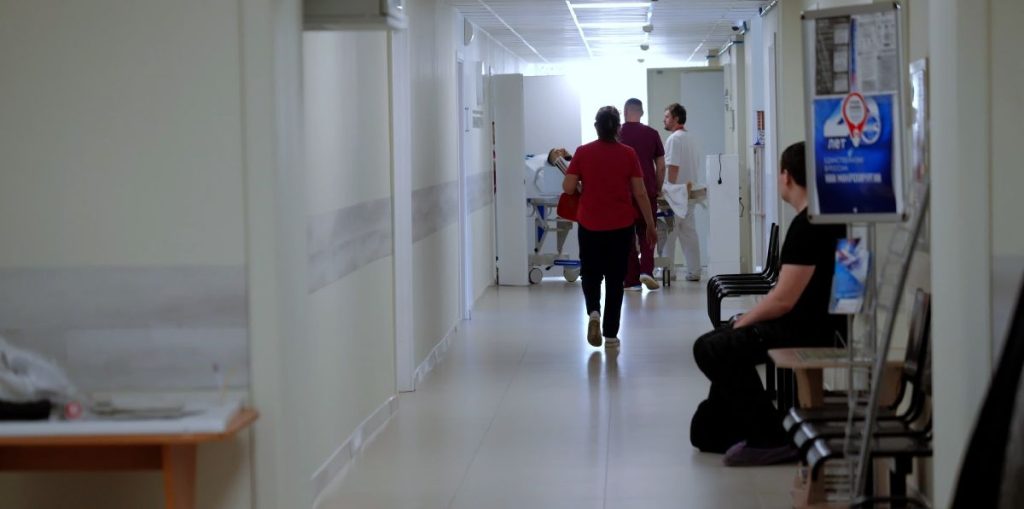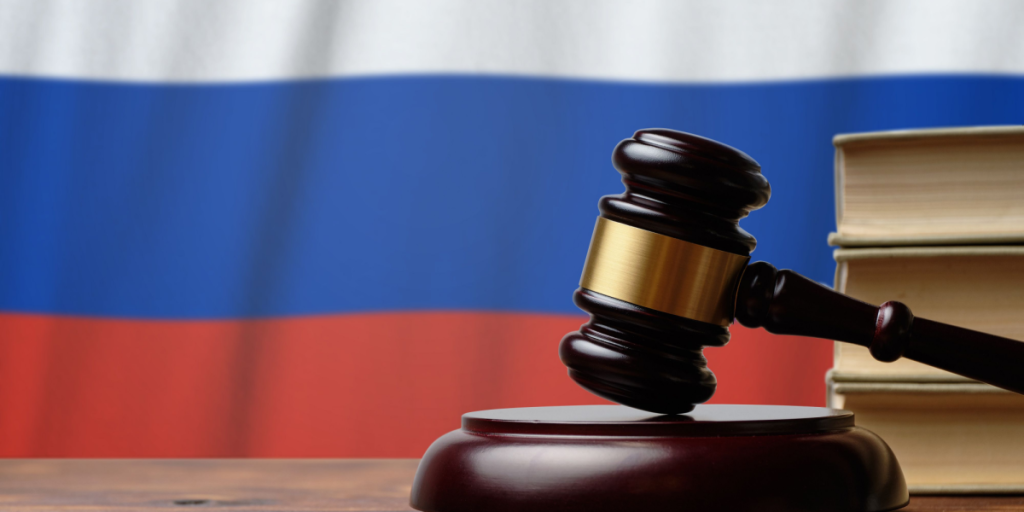Russia Brings Back Soviet-Style Obligations for Graduates
Others are reading now
In Russia, higher education is supposed to be free. This promise has attracted more than a million new students to universities this year.
But a new law being considered by the State Duma could change that. It would require students who study at government expense to work for three years in state service after graduation. The idea revives a Soviet-era system.
The Students Affected

Medical students would be the first affected, writes Digi24. Instead of regular hospital internships, they would take part in work assignments called “mentoring.”
Supporters say this will help regions with staff shortages and give graduates practical experience. Critics argue it is just forced labor and could make free education more costly in the long run.
A Fair Plan?

Larisa Popovich, an expert at the Moscow Higher School of Economics, defends the plan.
Also read
She says it is reasonable for students who receive an expensive education at public cost to give something back. “What’s so bad about the former Soviet education system?” she asks.
Half of Russia’s Students Pay Tuition

Currently, about half of Russia’s roughly five million post-secondary students pay tuition themselves. The rest receive free education through state support.
This can depend on grades, family income, disability, orphan status, or even military service. The proposed law would extend these obligations.
An Extra Burden

Some believe sending graduates to rural hospitals will offer more hands-on experience than city internships. Others worry it will be poorly managed.
Dr. Alexei Kurinn, a Communist Party deputy, says students see it as an extra burden.
Also read
Konstantin, a second-year medical student, worries he could be sent to understaffed clinics without proper supervision. He doubts it will help his skills and prefers the option to choose his own job.
Private Healthcare

Russia’s healthcare system mixes public and private services. Wealthier citizens use private clinics for better pay, equipment, and faster service.
About 5% of Russians have private insurance, though in big cities it may reach 20%. Around 25% of medical graduates work entirely in private healthcare.
The Problem

Experts are divided on the law’s goals. Some say it reflects Soviet-style methods favored by leaders who grew up under the USSR.
Others argue it addresses labor shortages in key sectors like medicine and engineering.
Also read
Oleg Buklemishev, an economic policy expert, says the real problem is low wages and heavy workloads in public service. He suggests cash loans for students might work better than mandatory service.
A Warning

Dr. Kurinn agrees that funding and conditions in the public system need major improvements.
He warns that forcing graduates into state service alone will not solve the deeper issues.


